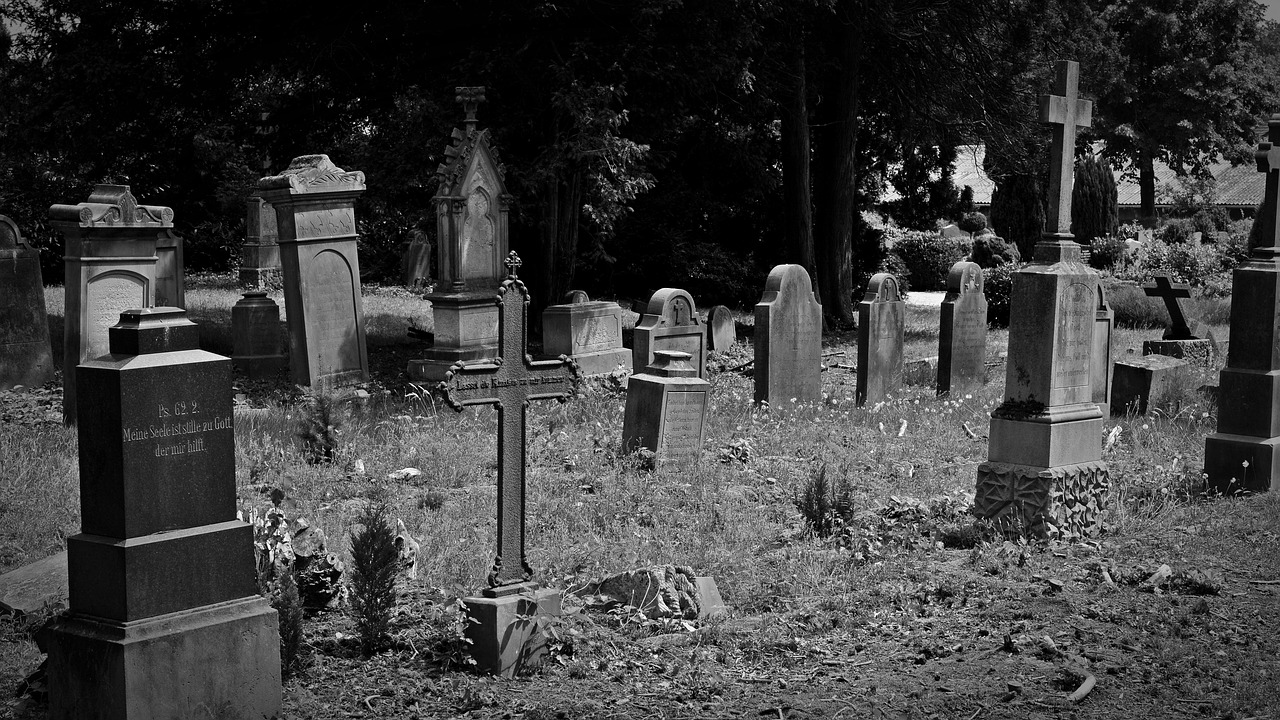Discovering the Mystique of Dark Tourism: A Deep Dive Into An Unconventional Travel Trend
Tourism, as we know it, has been gradually evolving over the years. One of the most intriguing shifts in the industry is the rise of dark tourism. This unconventional travel trend has intrigued many, leading to its growing popularity. But what exactly is dark tourism, and why is it gaining such traction? Let's delve deeper into this fascinating travel trend.

Understanding Dark Tourism
Dark tourism refers to travel that involves visiting sites associated with death, suffering, or the macabre. The term was coined in the late 1990s by Professors John Lennon and Malcolm Foley of Glasgow Caledonian University. The concept, however, predates the term by centuries, with historical instances of people visiting battlefields, graveyards, and disaster sites.
The Appeal of Dark Tourism
Despite its grim subject matter, dark tourism has an undeniable appeal. It satisfies a natural human curiosity about the darker aspects of history and culture. It also offers a chance for travelers to pay their respects, remember historical events, and gain a deeper understanding of a place’s past.
The Impact of Dark Tourism
The impact of dark tourism is multifaceted. For travelers, it can be an eye-opening, emotional experience, fostering empathy and understanding. For the destinations, it can boost local economies but also raises ethical questions about commodifying tragedy.
Current Trends in Dark Tourism
The rise of social media and the desire for novel experiences have contributed to the growing popularity of dark tourism. Tour operators offer guided tours to sites like Chernobyl, Auschwitz, and the Killing Fields of Cambodia. However, the trend has been met with criticism, questioning the respect and sensitivity towards these tragic sites.
Practical Tips for Dark Tourism
Before embarking on a dark tourism adventure, consider the following:
- Research the history and significance of the site.
- Treat the site with respect and dignity.
- Avoid taking inappropriate selfies or disrespecting the site in any way.
- Be prepared for a potentially emotional experience.
In conclusion, dark tourism represents a shift in travel trends towards more authentic and emotionally engaging experiences. It’s a trend that challenges our perceptions of what it means to travel and explore. Despite its controversial nature, it continues to gain traction, indicating that travelers are seeking more than just relaxation and entertainment from their adventures. They’re seeking a deeper connection with the places they visit, a connection that dark tourism can certainly provide.






